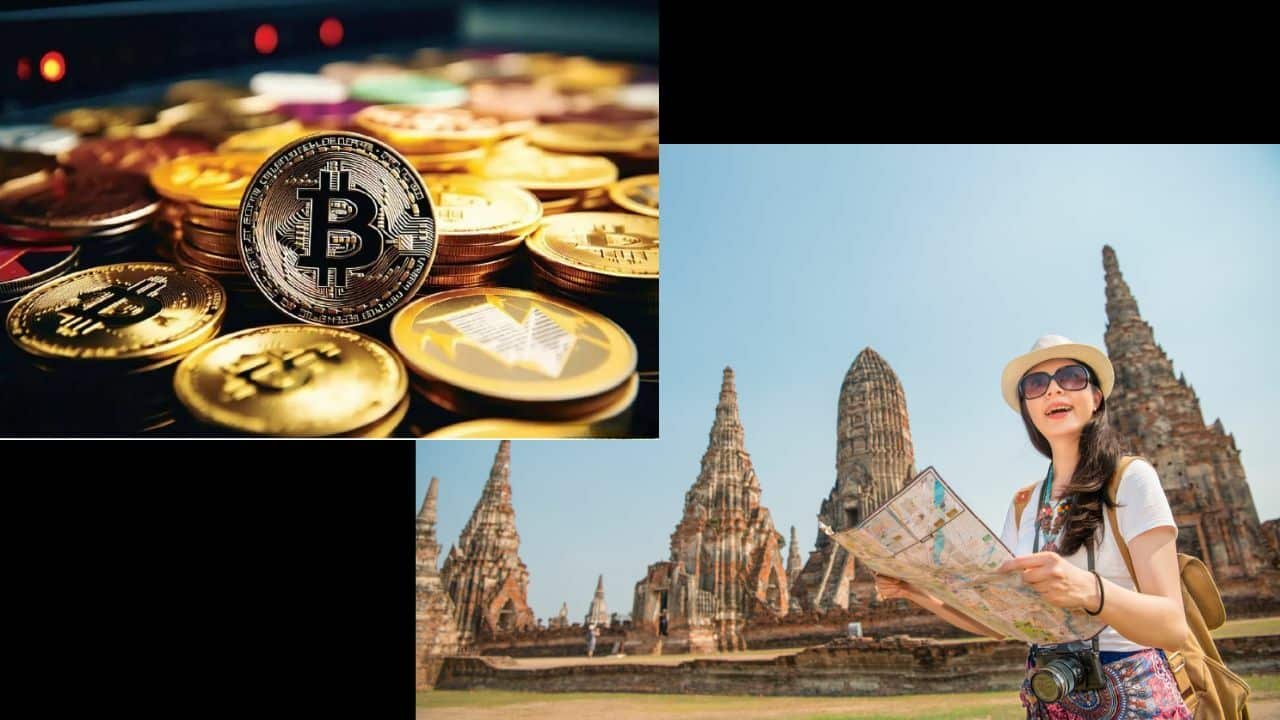

Thailand is taking a bold leap to cash in on the crypto craze, with regulators unveiling plans to let foreign tourists spend their digital coins directly on everything from street food to luxury hotels.
The Securities and Exchange Commission (SEC), in partnership with the Bank of Thailand (BoT), announced a groundbreaking crypto sandbox programme designed to boost tourism and inject fresh capital into the economy.
Anek Yuyuen, Deputy Secretary General and spokesperson for the SEC, said yesterday, July 15, that the initiative will allow visitors to convert their digital assets into baht for seamless spending during their stay.
“This project will help support economic recovery and strengthen our tourism sector.”
Under the proposal, tourists will open accounts with licensed digital asset operators overseen by the SEC and transact via e-money providers regulated by the BoT. All participants must pass strict Know Your Customer (KYC) checks in line with anti-money laundering rules.
Visitors will be able to pay small merchants using the Thai QR Code system, with a monthly cap of 50,000 baht per person. Verified merchants—those who complete additional identity checks—can accept payments up to 500,000 baht monthly.

The sandbox is part of Thailand’s wider push to position itself as Asia’s leading destination for digital asset holders. The country already boasts the highest cryptocurrency ownership in the region and ranks fifth worldwide.
Recent figures underscore the potential windfall: Thailand welcomed 35.54 million foreign tourists in 2024, generating 1.67 trillion baht in revenue, still trailing the 1.91 trillion baht achieved in 2019 before the pandemic struck. Officials believe easier crypto spending could help close the gap, reported The Nation.
“This initiative is expected to enhance Thailand’s appeal for digital-savvy tourists,” Anek said, adding that the consultation phase will run until August 13.
Woramet Chanseng, Investment Advisor at Merkle Capital, called the sandbox an important step toward transforming Thailand into a digital asset hub.
“The Sandbox experiment creates an opportunity for new capital inflows, increasing demand for the baht,” he said. “It could also lay the groundwork for a digital baht in the future.”
However, Woramet warned that challenges remain, including complex identity verification for both travellers and merchants.
If the pilot proves successful, officials hope it will set the stage for Thailand’s rise as a leading force in the global digital economy.
The story Thailand plots digital baht revolution to lure big-spending tourists as seen on Thaiger News.
